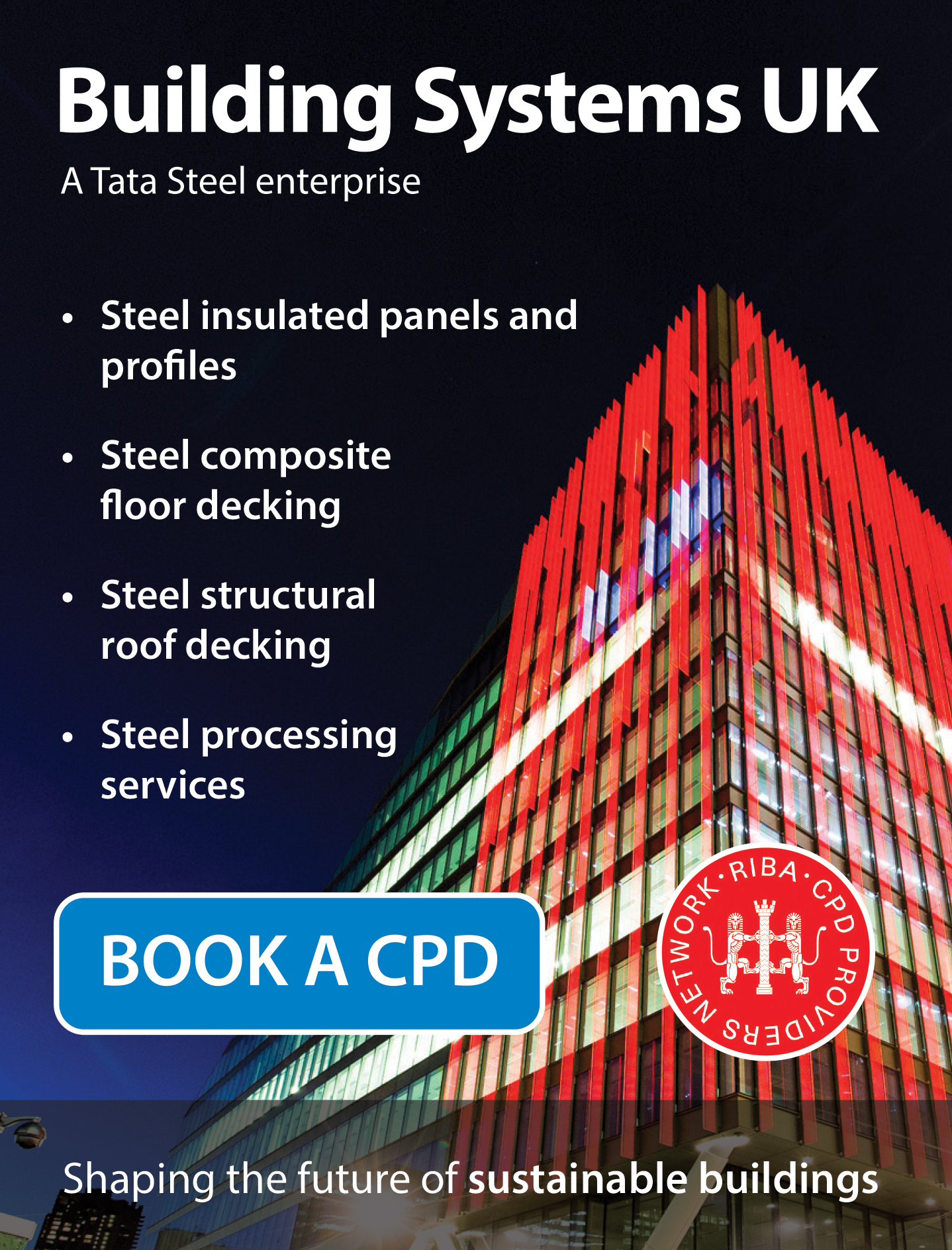..It might sound obvious, or even cheesy, but you can’t have a Northern Powerhouse without housing.
North East house prices rose by 0.6% in May, adding almost £1000 to the value of the average home.
The figure sees regional property prices settling down after two months of volatility saw prices rise by 3.1% in March before falling back 4% in April.
The average house in the region is valued at £156,975 at the end of May 2016 – £996 more than the end of April and 1.8% higher than this time last year, a rise in cash terms of £2525.
The typical property value continues to be, however, 4% lower than the £163,497 recorded at the turn of the year.
Whitley Bay saw the region’s biggest monthly growth, with prices rising by 3.8% over the past four weeks. Other strong performers include Houghton-le-Spring (2.5%), Sunderland (2.4%) and Gateshead (2.2%). Other areas recorded falls, in particular Jarrow (-1.9%), Seaham (-1.4%) and Durham City and North Shields (0.6%).
Prices in Whitburn fell a further 0.5%, taking their fall over the past two months to 5%. As a result, it is named this month’s Best to Buy.
54% of Whitburn homes are semi-detached, compared to a regional average of 39%. 21% are terraced, compared to a regional average of 30%.
67% of homes are owner-occupied, compared to a regional average of 62%. Just 5% of properties are privately rented, compared to a regional average of 14%. 50% of properties have at least 3 bedrooms.
The most popular age to be in Whitburn is 52 (the age of 1.9% of residents) followed by 47, 44, 45, 48 and 15.
Rental Market Analysis
The average North East rent rose £12 per calendar month to £578pcm in April. This represents a rise of rise of 1.6%, with the rental cost of a North East home rising on average by £3 every week.
Regional rents are now £30 a month higher May 2015 and £18 higher than May 2014 when the average monthly cost of renting a North East home was £560. Blyth (£403)is the cheapest place to rent in the North East out of the areas surveyed, with Tynemouth (£1086) the most expensive.
Peterlee continues to be the region’s Buy to Let capital, offering rental yields of 6.1% to investors. Other strong performers continue to be Gateshead (5.4%), Sunderland (5.3%) and Newcastle (5.1%). Landlords in Morpeth, however, can expect to see a return on their investment of just 3.1%.
Falling property prices and rising rents see the average North East rental yield rising 0.1% to 4.4%, with yields now up 0.4% over the past two months. Peterlee’s falling house prices, rising rents and rapidly accelerating rental yields– which were 3.9% in April 2015 and are 6.1% today – see the area names this month’s “Best to Invest”.
40% of properties in Peterlee are semi-detached, with 34% terraced and 19% detached. 65% of properties have at least three bedrooms.
63% of Peterlee residents are work between 31 and 48 hours a week. 25% of properties in the area are socially rented, 6% higher than the regional average. Only 9% of properties are privately rented, 4% below the regional average.
Ajay Jagota, founder and Managing Director of North-East based sales and lettings firm KIS, had this to say: “After a lively few months which saw North East house prices change positively or negatively by at least 3% in January, March and April it’s predictable and perhaps even a little welcome that prices have settled down over the last four weeks. Real growth in the North East property market is currently in rents, which after at least two years of stagnation have risen from an average of £552 a month in March to £578 today.
This could suggest falling stocks of rented homes, which would support the claims that tax changes are forcing landlords to leave the market. This doesn’t just have a negative impact on the people who will have to find almost £1000 in deposits to move into a new rental home, it could have a profound impact on the region’s economic future.
The Centre for Cities this week reported that for the Northern Powerhouse to succeed the government needs to invest more in building up skills and industry, and that transport links such as HS2 won’t be enough. But we need to talk about housing too. If the Northern Powerhouse project is successful in persuading businesses to rise, remain in and relocate to our region we’re going to need homes to support the jobs that will be created.
There’s always been a tendency for national housing programmes to be driven by housing shortages in the south. The North East needs to be able to take a more flexible and longer term approach to investment. We have to have the power to tackle region-specific issues rather than relying on the old one-size fits all Westminster-centric approach.
It might sound obvious, or even cheesy, but you can’t have a Northern Powerhouse without housing”.




